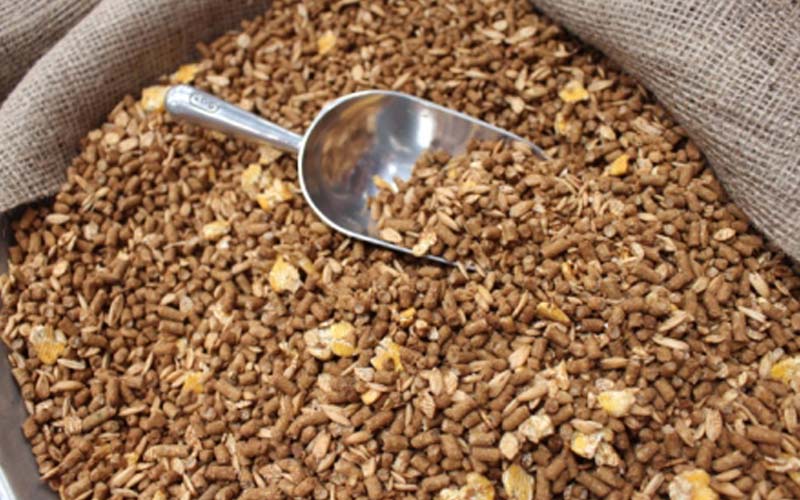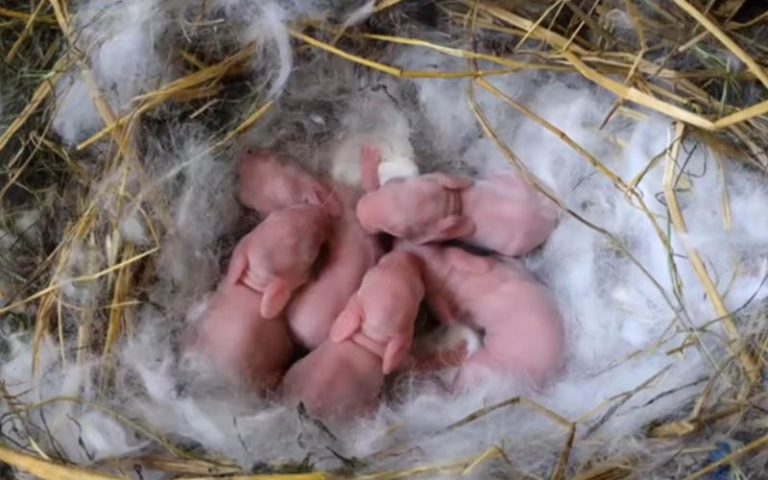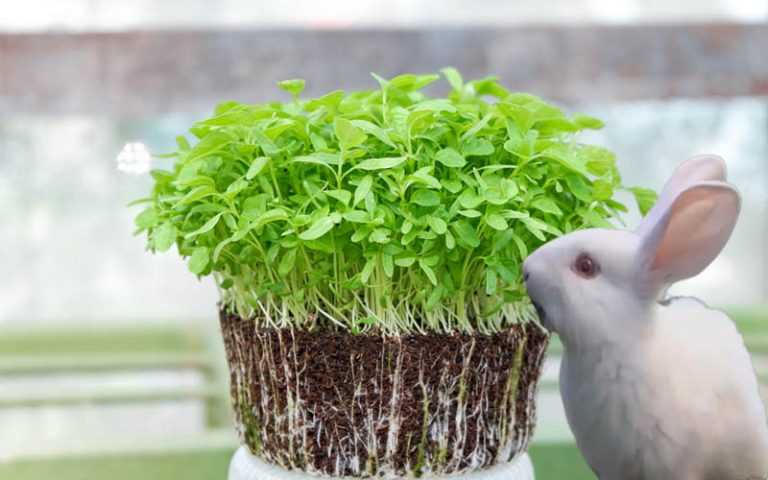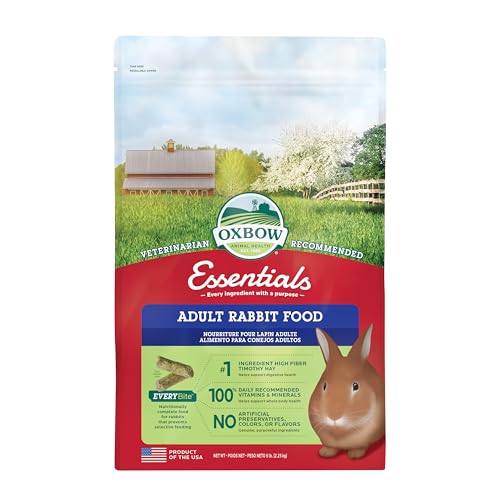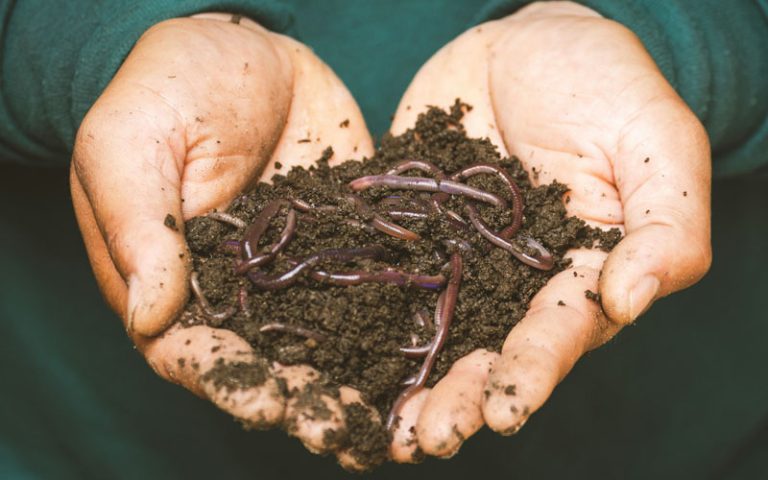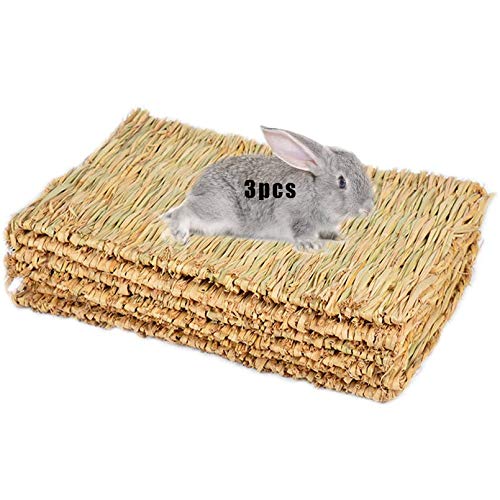Can Rabbits Eat Sweet Feed?
Rabbits should not eat sweet feed. It can be harmful to their health as it often contains high levels of sugar and may lead to digestive issues or obesity.
Rabbits make wonderful pets, known for their gentle nature and adorable antics. As a responsible rabbit owner, ensuring your furry friend’s diet is well-balanced is crucial for their health and happiness.
One common query that arises is, “Can rabbits eat sweet feed?” Today, we will learn about rabbit nutrition, exploring the compatibility of sweet feed with their dietary needs.
What Is Sweet Feed?
Sweet feed is a type of animal feed that’s like a tasty treat for livestock. It’s a mix of grains, molasses, and other ingredients, creating a flavorful blend that animals find delicious. Farmers often use sweet feed to supplement the regular diet of animals like horses and cattle.
It provides extra energy and nutrients, making it a popular choice to keep animals healthy and happy. Think of it as a special snack that not only satisfies their taste buds but also gives them a nutritional boost.
Examining Sweet Feed Ingredients
Grains in Sweet Feed
Rabbits thrive on a diet rich in fiber, which is crucial for their digestive health. Unfortunately, sweet feed may not align perfectly with this requirement. The grains in sweet feed can be high in carbohydrates, potentially leading to digestive issues if not given in moderation.
Molasses Content
Molasses, a common ingredient in sweet feed, adds sweetness but raises concerns about sugar intake for rabbits. Excessive sugar can disrupt a rabbit’s sensitive digestive system and lead to obesity. It’s essential to monitor the molasses content in any feed offered to your furry friend.
Analyzing Nutritional Components of Sweet Feed
- Sugar Content: Sweet feed is notorious for its high sugar content. This is a red flag for rabbit owners, as excessive sugar can lead to obesity and related health issues.
- Fiber Levels: Rabbits thrive on a high-fiber diet. Sweet feed, lacking adequate fiber, may disrupt their digestive balance, potentially causing gastrointestinal problems.
Can Rabbits Eat Sweet Feed?
Rabbits have a unique digestive system that relies on a delicate balance of fiber intake. High-fiber diets promote proper digestion and prevent issues like hairballs, which can be detrimental to a rabbit’s health. Sweet feed, with its lower fiber content, may not provide the optimal conditions for a rabbit’s digestive well-being.
Risks Associated with Sweet Feed for Rabbits
While some rabbit owners might be tempted to share sweet feed due to its availability, it’s crucial to recognize the potential risks.
Digestive Upset
Sweet feed, with its lower fiber content, can stir trouble in your rabbit’s tummy. When bunnies munch on this low-fiber delight, their delicate digestion system goes haywire.
The insufficient fiber might clog up their gut, leading to discomfort and upset stomach. Picture it like a traffic jam in their digestive highway, causing unnecessary stress.
Obesity and Dental Problems
Feeding your rabbit sweet feed can lead to serious issues like obesity and dental problems. Too much sugar in their diet makes them gain excess weight, putting a strain on their overall health. Moreover, the sugary content may result in dental complications, causing pain and discomfort.
Alternatives for a Healthy Rabbit Diet
Ensuring the well-being of your rabbit involves offering a balanced and nutritious diet. Instead of sweet feed, consider these alternatives:
1. Hay
Hay is the cornerstone of a rabbit’s diet. It provides the necessary fiber for digestive health and supports dental wear. Choose high-quality grass hay, such as timothy or orchard grass, to meet your rabbit’s nutritional needs.
2. Fresh Vegetables
Incorporate a variety of fresh vegetables into your rabbit’s diet. Leafy greens like kale, spinach, and romaine lettuce offer essential vitamins and minerals. Remember to introduce new vegetables gradually to avoid digestive issues.
3. High-Fiber Pellets
Take high-fiber pellets specifically formulated for rabbits. These pellets contribute to a well-rounded diet, providing additional nutrients without compromising on fiber content.
What to Do If Your Rabbits Have Eaten Sweet Feed?
If your rabbits have accidentally consumed sweet feed, there are a few steps you can take to ensure their good health:
- Monitor Them: Keep a close eye on your rabbits for any signs of distress or abnormal behavior. Look for changes in their eating habits, behavior, or droppings.
- Limit Access to Sweet Feed: Remove any remaining sweet feed from their access to prevent further consumption. Ensure that their primary diet consists of hay, fresh vegetables, and high-quality rabbit pellets.
- Offer Hay: Provide unlimited access to fresh hay. Hay is an essential part of a rabbit’s diet, and it helps maintain their dental health and digestive system.
- Provide Fresh Water: Make sure your rabbits have access to clean and fresh water at all times. Proper hydration is crucial for their overall health.
- Observe for Digestive Issues: Watch for any signs of digestive issues such as diarrhea, bloating, or lethargy. If you notice any of these symptoms, it’s important to consult with a veterinarian promptly.
- Consult a Veterinarian: If you are unsure about the ingredients in the sweet feed or if your rabbits exhibit any concerning symptoms, seek advice from a veterinarian. They can guide the best course of action based on the specific situation.
- Adjust Diet: Going forward, ensure that your rabbits are provided with a proper diet that includes hay, fresh vegetables, and high-quality rabbit pellets. Avoid feeding them foods that are high in sugar, as excessive sugar intake can lead to various health issues.
FAQ
Feeding rabbits sweet feed every day isn’t recommended. While they may enjoy the taste, it’s not a balanced diet for them. Rabbits thrive on hay, fresh veggies, and pellets. Sweet feed lacks essential nutrients and can lead to health issues.
Molasses is bad for bunnies. It can lead to digestive issues and obesity in rabbits. Avoid giving them molasses as it may upset their stomach and harm their overall health.
Some recommended sweet feed brands for rabbits include Purina, Oxbow, and Kaytee. These brands offer balanced nutrition with ingredients like hay, pellets, and essential vitamins for your rabbit’s health.
Homemade sweet feed recipes can be superior to commercial options. Crafting your blend allows you to control ingredients, ensuring fresher and higher-quality components. You tailor the recipe to meet your animal’s specific needs, avoiding fillers and preservatives often found in store-bought feeds. This hands-on approach fosters a closer bond with your animals and offers a healthier, more customizable feeding solution.

